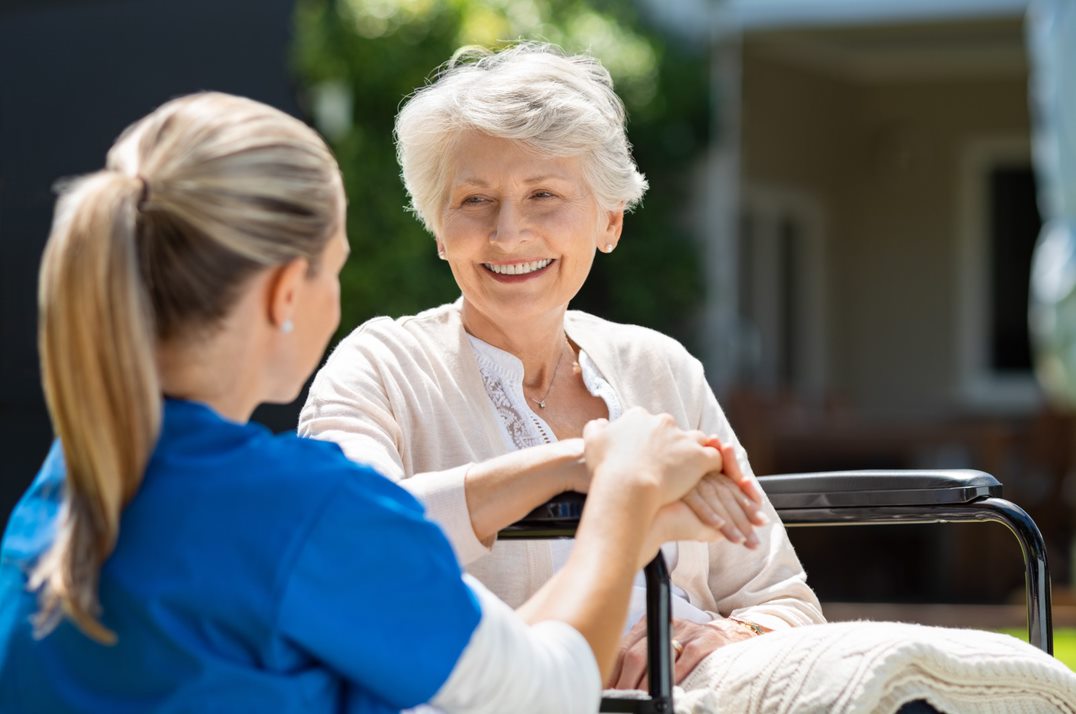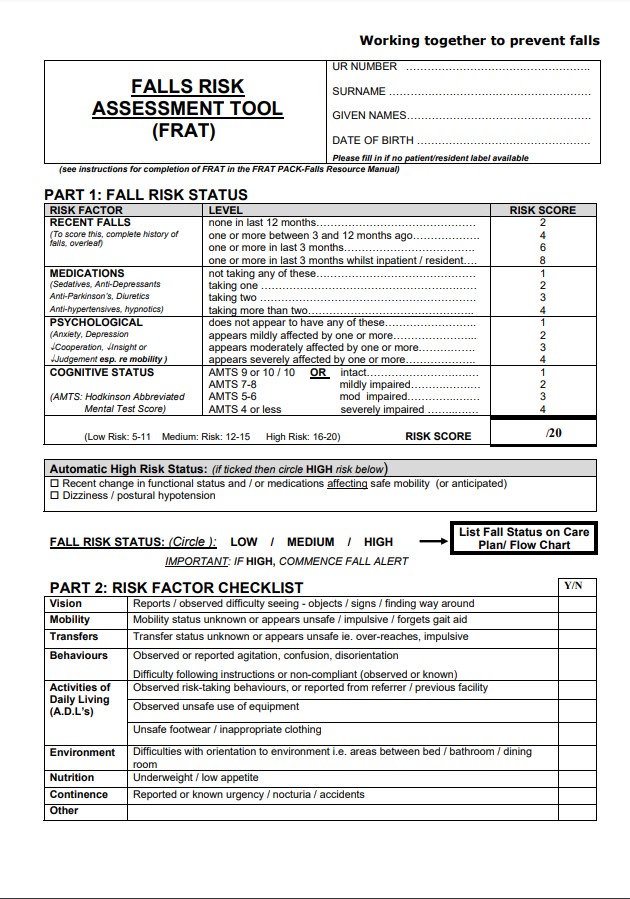What Does Dementia Fall Risk Do?
What Does Dementia Fall Risk Do?
Blog Article
Examine This Report on Dementia Fall Risk
Table of ContentsEverything about Dementia Fall RiskThe Facts About Dementia Fall Risk RevealedThings about Dementia Fall RiskMore About Dementia Fall RiskSome Known Incorrect Statements About Dementia Fall Risk
However, based upon indicators and signs and symptoms, such as evidence of head injury or a brand-new focal neurologic deficiency, calculated tomography or MRI of the brain may be indicated - Dementia Fall Risk. An evaluation for sources of syncope need to be conducted just if there is strong suspicion, as in the case of frequent, inexplicable falls
Medical care providers use an autumn threat evaluation to identify your threat aspects for dropping and make practical suggestions. A loss threat assessment is crucial because recognizing which variables boost your possibilities of dropping helps you: Lessen your risk of falling or harming on your own.
Maximize your capacity to move and be active. Keep a healthy and balanced, independent life. All grownups 65 years and older need to have a first fall risk screening. Your healthcare supplier might ask you whether you: Feel unsteady when standing or walking. Have fallen in the previous year. Stress over falling. If you answer yes to any of these inquiries, your doctor will recommend an additional, extra detailed analysis.
7 Easy Facts About Dementia Fall Risk Shown

, and objectives especially customized to clients index that are at threat for drops. A is specified as an event that results in an individual coming to relax accidentally on the ground or floor or other reduced level (THAT, 2021).
Dropping is the 2nd leading cause of fatality from unintentional injuries worldwide. It is estimated that autumn death prices in the United state
Not known Incorrect Statements About Dementia Fall Risk
If this price proceeds, the CDC anticipates 7 loss fatalities every hour by 2030.
Each year, over 800,000 individuals are hospitalized since of drops. Nurses play a major duty in avoiding falls for their clients with education, evaluating loss threat, producing more secure settings, and giving interventions in stopping injuries from falls.
Autumns are due to a number of variables, and an all natural approach to the specific and environment is crucial. Suppose Dementia Fall Risk an individual is taken into consideration at high danger for drops after the testing.
How Dementia Fall Risk can Save You Time, Stress, and Money.
A requires making use of a verified device that scientists have taken a look at to be useful in naming the reasons of drops in an individual. As an individual's wellness and situations adjustment, reassessment is required. The level of loss danger can be figured out using the assessment of inherent and extrinsic aspects. Requirement evaluation devices can additionally be used (talked about below).
Individuals are her explanation extra most likely to drop once more if they have actually sustained one or more falls in the past 6 months. The older populace is at increased danger of fall-related readmissions based on a research identifying the elements predictive of repeat drops linked outcomes (Prabhakaran et al., 2020).
The capability of individuals to secure themselves from drops is influenced by such elements as age and development. Older people with weak muscles are more likely to fall than those who maintain muscle mass toughness, adaptability, and endurance.
Dementia Fall Risk Can Be Fun For Anyone
Much less contrast sensitivity was fairly connected with both boosted prices of drops and other injuries, while reduced visual acuity was just related to raised loss price (Timber et al., 2011). Sensory assumption of environmental stimulations is paramount to security. Vision and hearing impairment limitation the individual's ability to regard threats in the environments.
Older adults that have poor balance or problem strolling are more likely to fall., or other clinical conditions and treatments., and use of psychotropic medicines (Stanmore et al., 2013).
Report this page